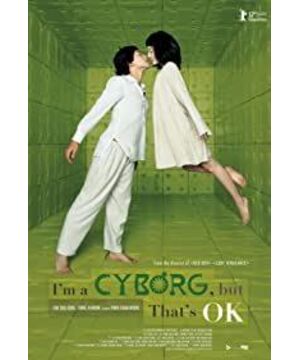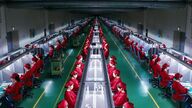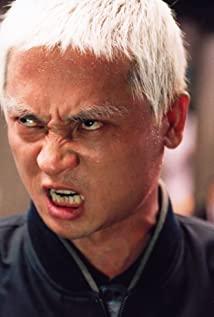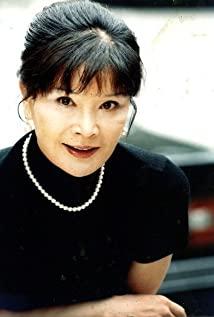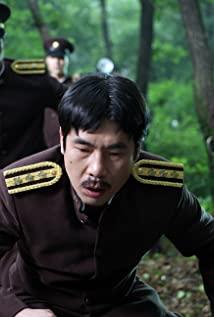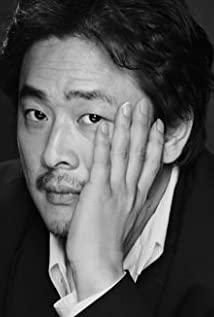The last issue of "Watching Movies" spent a lot of time publishing an exclusive interview with "Park Chan-wook: This Time It's About Business", deciphering his new film "It Doesn't Matter for Cyborgs". He has never seen his famous work "Old Boy", but he learned from the text that "Electronic Man" is a commercial transformation of "Old Boy", and with the addition of Rain and Lin Xiujing, the commercial intention is not stated. And metaphor.
After watching this movie, I got a lot more viewing experience than expected. When I first watched the movie, the exaggerated behavior was hilarious, and I arbitrarily thought that it was just a nonsense comedy, but as the movie progressed, I found that this was not the case. The feelings of Lin Xiujing and her grandmother, and Rain's love for Lin Xiujing gradually condensed in the loose and unreasonable imagination and behavior. The most touching and creative section is Rain tricking Lin Xiujing into eating. Lin Xiujing fantasizes that she is a robot that does not need to eat but only needs to be charged. Seeing that Lin Xiujing's body almost collapsed without eating, Rain deceived Lin Xiujing by saying that she had found a machine that could turn rice into energy and installed this machine. Once inside the body, energy can be obtained by eating. The scene where Rain "installed a machine" for Lin Xiujing and the subsequent feeding has always touched the hearts of the audience.
It is not easy for ordinary audiences to accept the logic and worldview of a mental patient. Park Zanyu's mastery lies in the commercialization of this process. The well-designed illusory plot shows Lin Xiujing's inner world in a shocking way that is extremely eye-catching. , the viewing process did not cause the audience to feel distant because of the great difference between the mentally ill and ordinary people. While obtaining the pleasure brought by commercial films, the audience unknowingly unified with the mentally ill's code of conduct and life logic. In this way, Rain The love for Lin Xiujing and the romantic ending naturally touched the audience.
"It doesn't matter if it's business this time" is undoubtedly a huge success in my opinion. It's commercial but not conventional, traditional and innovative. It really uses the film itself rather than the so-called "sincerity" to impress the audience.
View more about I'm a Cyborg, But That's OK reviews


